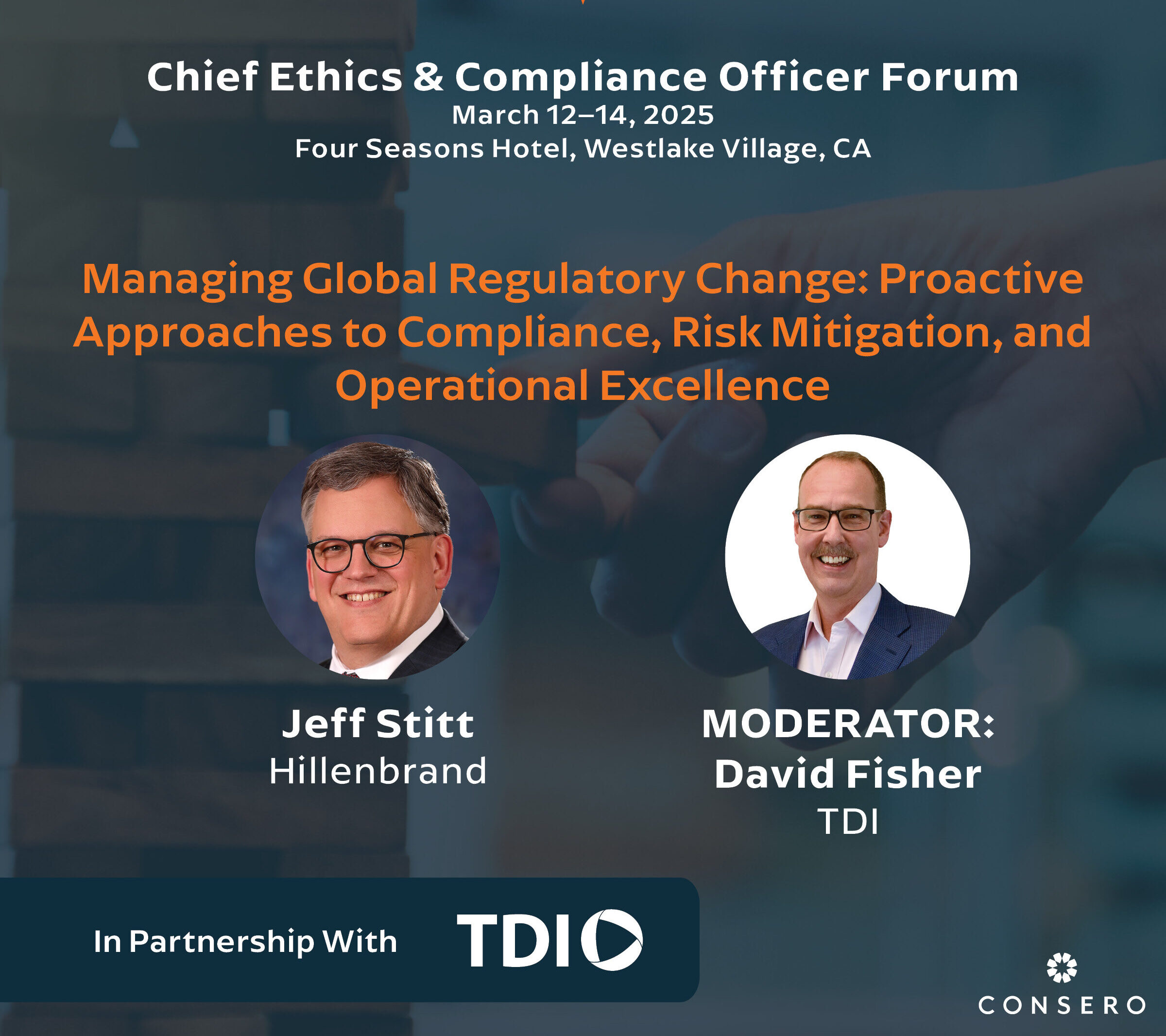European Green Deal
Proposed Risk Commodity Framework

In late 2020, the European Parliament adopted a resolution on a European Union (EU) legal framework to halt and reverse global deforestation.
This framework—driven by the proposed European Green Deal—expands upon existing regulations that relied on self-regulation and voluntary compliance, introducing a mandatory compliance element with strict penalties. The political and operational changes in the new framework will not only impact European businesses but will apply far beyond the EU’s borders. These changes—expected to take effect in late 2021—will primarily impact any businesses that export or import a broad range of products derived from what the EU has designated as “forest and ecosystem risk commodities.”
Business Implications
The objective of the proposed EU legal framework is to ensure sustainable and deforestation-free supply chains for products and commodities placed on the EU market, with a particular focus on imported products. Moreover, future trade and investment agreements must contain binding provisions to prevent deforestation. This represents one of the more significant EU policy shifts in years and appears to be a further extension of what analysts believe is fast becoming the global norm, posing significant challenges and risks not only to businesses in Europe, but those in other countries that have ties to European companies.
One major change introduces the role of mandatory due diligence, reporting, disclosure, and third-party participation requirements. The proposal directs operators to take a risk-based approach to due diligence with more attention paid to higher-risk areas. Prioritization of suppliers for due diligence should be based on a risk assessment, particularly for operators that have large numbers of suppliers. In addition, companies will be responsible for monitoring and continuously improving the effectiveness of their compliance due diligence processes. The new framework will move away from voluntary measures and introduce liability and penalties if there is a breach of obligations.
The proposed framework also increases the legal and financial risks for shareholders, investors, and financial institutions, requiring a more robust corporate compliance structure and capacity. These organizations will also be expected to undertake risk assessments and risk-based supply chain due diligence.
Another change that goes beyond current regulations involves the protection of human rights. Operators will be liable for damage arising from human rights as it relates to this framework and will face penalties for non-compliance. Additional issues facing businesses include land rights, tax evasion, and money laundering.
Aside from the new, more aggressive legal framework, it can be anticipated that campaigning non-governmental organizations (NGO) and direct-action groups will become even more aggressive in targeting corporations, individuals, and governments once this new framework is in place. It is essential for corporations to develop a better understanding of the political motives driving aggressive NGO actions to anticipate emerging trends, threats, and potential legal risks. Although it is anticipated that there will be a transition period for the new legal framework to be put in place, now is the time for corporations to develop a comprehensive strategic approach, based on a sound business risk and compliance framework.
How TDI Can Help
For over 20 years, clients have trusted TDI to find, distill, and guide them through vast amounts of information critical to the success of their global operations. TDI was built on the premise that clients need timely, accurate, and relevant information to make optimal business decisions. Over the years, our core commitment has been to provide trusted advice for our client’s most complex challenges. As a result, we have helped hundreds of multinational organizations, financial institutions, and law firms more effectively manage risk throughout the business lifecycle. It is this experience that positions TDI to help clients navigate the proposal EU legal framework to halt and reverse global deforestation.
Relevant services include:
Compliance Consulting—TDI creates responsive, one-of-a-kind programs to address our clients’ specific, real-world obligations. We provide risk assessments and expert advice to support the development and implementation of an effective compliance program.
Due Diligence, Investigations, and Analytics—With a risk-based approach to managing third parties, we provide programmatic due diligence solutions and an analytics platform to to help protect your business from compliance risks.
Strategic Advisory and Risk Intelligence—TDI offers strategic advisory services aimed at guiding clients through political, economic, and regulatory risk factors, leveraging our global network to provide concise, actionable intelligence.
For more information, contact us on +1 202.872.9595 or email us via our website.


